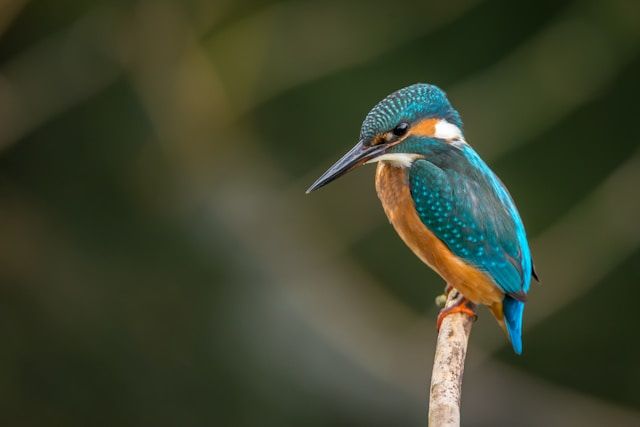Disappearing natural sounds signal a dire decline in biodiversity, with significant implications for ecosystems worldwide
Experts are sounding the alarm over an emerging crisis in global ecosystems as the once-vibrant symphony of nature’s sounds fades into a concerning silence. This shift, observed by sound ecologists, signifies a profound decline in biodiversity, a critical measure of ecosystem health. According to scientists, the loss of natural sounds—from the chirping of birds to the rustling of leaves—reflects the larger issue of species depletion and habitat destruction.
Prof. Steve Simpson from the University of Bristol describes this phenomenon as a “race against time.” The realization that these natural noises are vanishing just as we begin to understand their significance underscores the urgency of the situation. The soundscape, once rich with the diverse calls and noises of myriad species, is now marked by eerie quiet, signalling ecological distress.
Embed from Getty ImagesBernie Krause, a renowned US soundscape recordist with over five decades of experience, has observed firsthand the drastic changes in natural soundscapes. With 70% of his extensive archive now representing extinct habitats, Krause’s work captures the haunting absence of once-thriving environments. This, he notes, is a clear indication of the massive environmental shifts that have silenced vast areas of the planet.
Prof. Bryan Pijanowski from Purdue University has spent 40 years recording natural sounds across various ecosystems. He likens his recordings to “acoustic fossils,” remnants of a lost world where certain species and sounds will never be heard again. These recordings are now all that remains of numerous species and habitats, a sobering archive of loss and a reminder of what is at stake.
Embed from Getty ImagesThe silence is not just a loss of auditory diversity but a warning sign of broader environmental degradation. Research indicates that this decline is pervasive, with studies documenting consistent reductions in sound intensity and diversity across continents. This trend has profound implications not just for wildlife but for human health and well-being, as our connection to nature diminishes alongside these soundscapes.
Ecoacoustics, a field that utilizes sound to assess environmental health, has become a critical tool in understanding and addressing these issues. Technological advances have enabled scientists to monitor ecosystems more effectively, but the findings are grim. Sound ecologist Hildegard Westerkamp reflects on the dual nature of listening to these changing soundscapes—it is both an act of connection to nature and a distressing signal of its unravelling.
As environmentalists and scientists advocate for stronger conservation efforts, the role of sound in ecological monitoring is increasingly recognized. The ongoing silence is a call to action, a need to address the environmental practices that threaten the very fabric of natural ecosystems. Without significant changes, the vibrant chorus of the natural world may be reduced to mere whispers, a haunting reminder of what was and what could have been lost forever.
